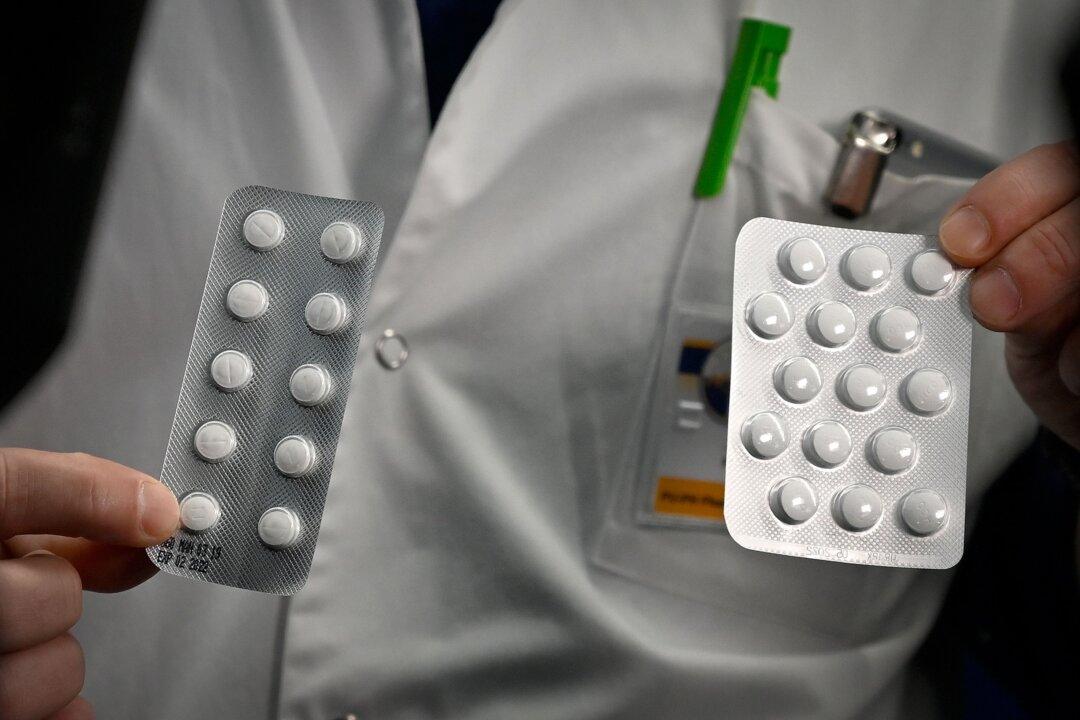Some doctors say their patients with lupus aren’t getting COVID-19 while others are cautioning against linking those findings with hydroxychloroquine, a drug approved as an anti-malarial and lupus treatment that’s been prescribed across the nation for the COVID-19.
President Donald Trump on Saturday pointed to a study that showed people with lupus “aren’t catching this horrible virus.” COVID-19 is caused by the CCP (Chinese Communist Party) virus, commonly known as novel coronavirus.





